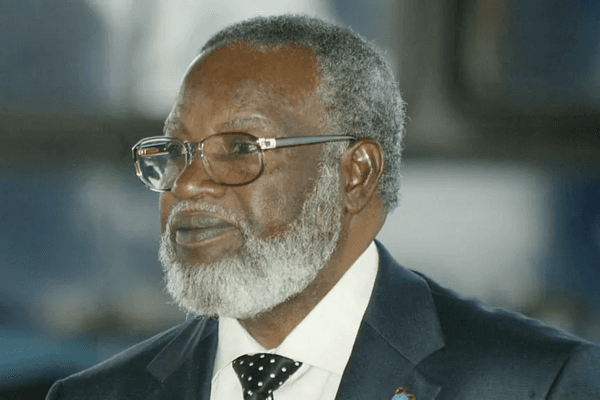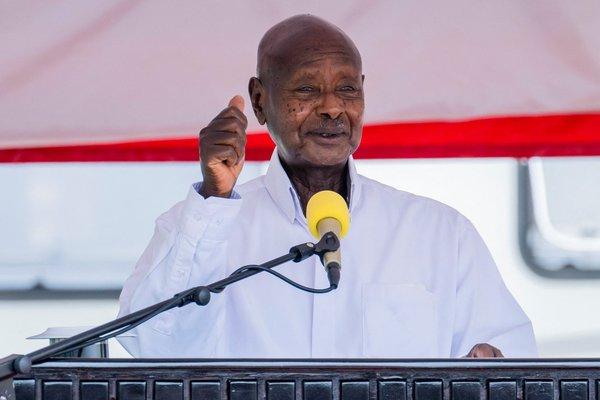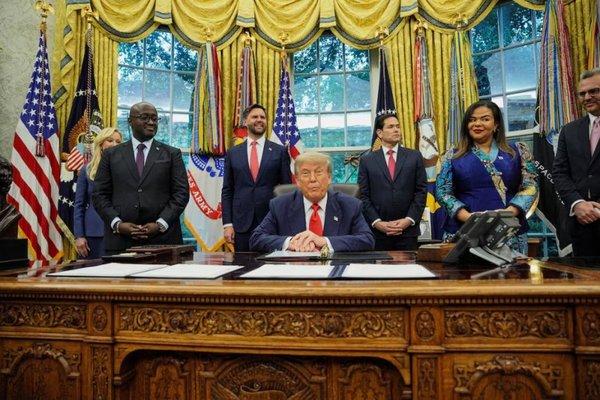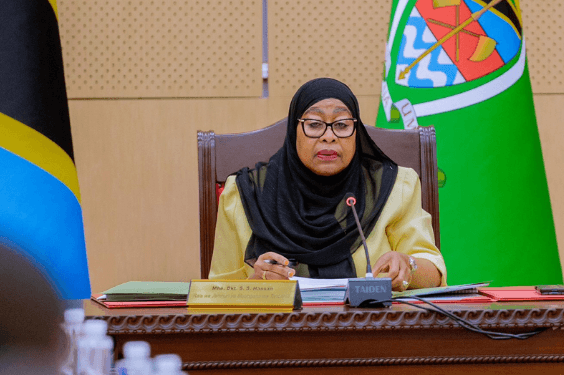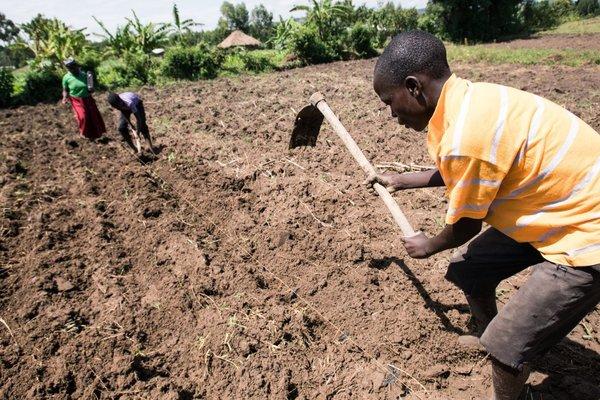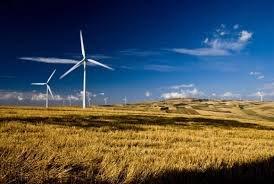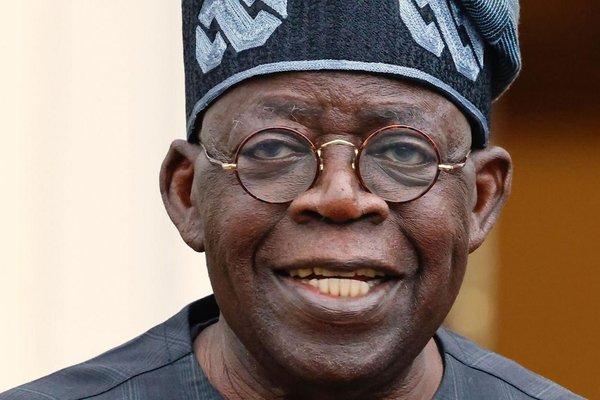Botswana
Botswana, a landlocked country in Southern Africa, has a landscape defined by the Kalahari Desert and the Okavango Delta, which becomes a lush animal habitat during the seasonal floods. The massive Central Kalahari Game Reserve, with its fossilized river valleys and undulating grasslands, is home to numerous animals including giraffes, cheetahs, hyenas and wild dogs.

Southern Africa

581,730 sq km

GMT+2

2.48 million

English

Christianity

Botswana Pula

President Duma Boko

Brief
Botswana, a landlocked country in southern Africa, is renowned for its stable democracy, low corruption, and strong diamond-driven economy. Once one of the world's poorest nations at independence, it has achieved impressive economic growth, largely due to its status as a major global diamond producer. Geographically, Botswana is mostly flat, with the Kalahari Desert covering about 70% of its land and the Okavango Delta in the north serving as a major ecological and tourist attraction. The country is home to the Tswana people, with Setswana and English as official languages. Botswana’s rich biodiversity and iconic wildlife areas, such as Chobe National Park and the Okavango Delta, make it a leading destination for safari
National Anthem
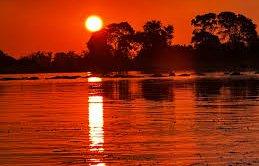




Cultural Life
Cultural Milieu
Botswana's rich and diverse cultural life is shaped by its various ethnic groups, including the dominant Batswana and the indigenous San people. Music and dance play a central role, with traditional forms like Setapa and San dances featured in ceremonies, and music education prominent in schools. The culture emphasizes community life, particularly in villages centered around the kgotla (traditional meeting place), where respect for elders and consultation are key values. Cattle and livestock hold economic and social importance, while arts such as basket weaving, beadwork, and pottery are vital cultural expressions. Christianity is widely practiced, but many also follow indigenous spiritual beliefs tied to nature. Language diversity, traditional greetings, and staple foods like sorghum porridge reflect the country’s ethnic and cultural variety, making Botswana’s way of life holistic and deeply rooted in tradition.
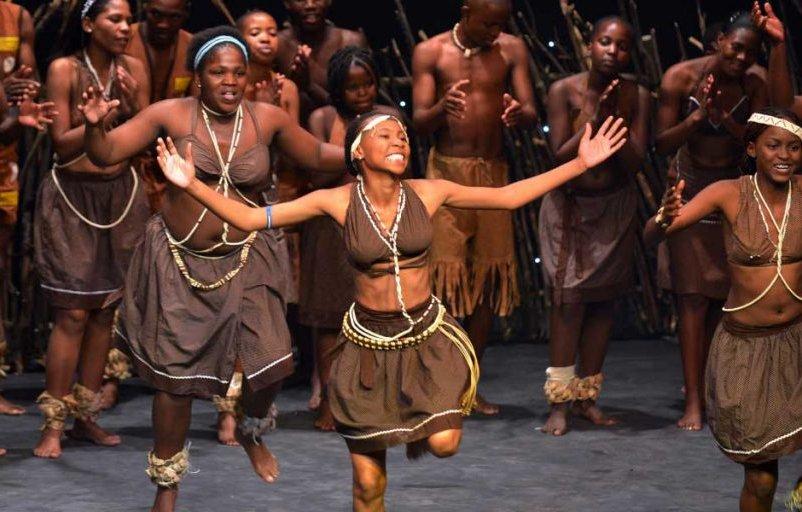




Daily life and Social customs
Daily life in Botswana is deeply rooted in cultural values that emphasize community, respect, and harmony. Warm greetings, modest attire, and polite, soft-spoken communication are central to social interactions. Respect for elders is a key principle, and hospitality is highly valued, with guests often offered food and drink. Traditional customs like the kgotla—a village meeting place for community discussions—remain important, especially in rural areas. Modesty in dress and discretion in public behavior, such as avoiding public displays of affection, are customary. Agriculture and livestock farming are central to rural life, while younger generations increasingly move to urban areas. Music and dance, taught in schools and celebrated in daily life, reflect the country's vibrant cultural identity. Overall, Botswana’s social customs foster unity, respect, and a strong sense of community.
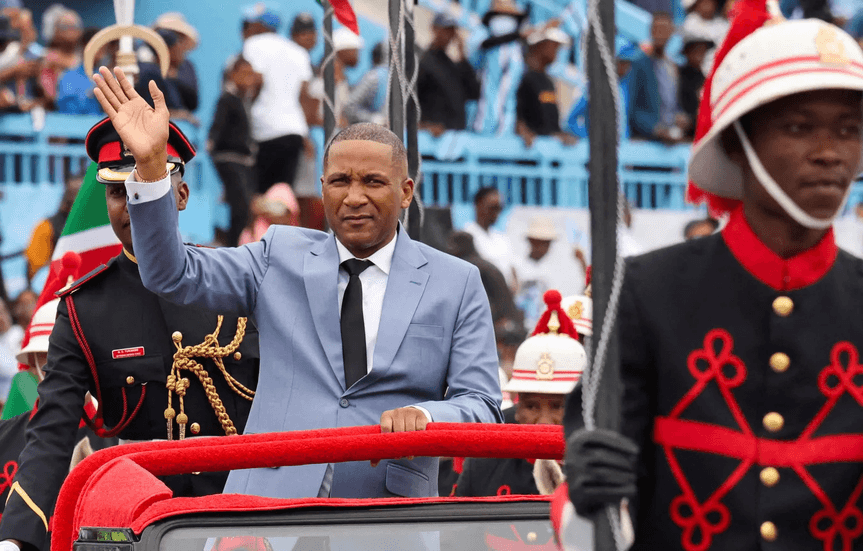




Cuisines
Botswana's cuisine is rich and hearty, centered around traditional dishes made from locally sourced ingredients and influenced by neighboring cultures. Staples like pap (maize porridge) and seswaa (slow-cooked, shredded meat) are commonly served together, reflecting the country's love for simple yet flavorful meals. Other popular dishes include bogobe (sorghum or millet porridge), morogo (leafy greens like wild spinach), and dikgobe (a mix of beans, corn, and sometimes lamb). Unique local delicacies such as mopane worms, mogodu (tripe stew), and various forms of traditional bread like phaphatha and vetkoek add variety to the cuisine. Fried snacks like magwinya (fat cakes) are also popular, and bojalwa, a traditional sorghum beer, plays a cultural role in social gatherings. Overall, Botswanan food reflects the country’s emphasis on communal eating, local flavors, and cultural heritage.
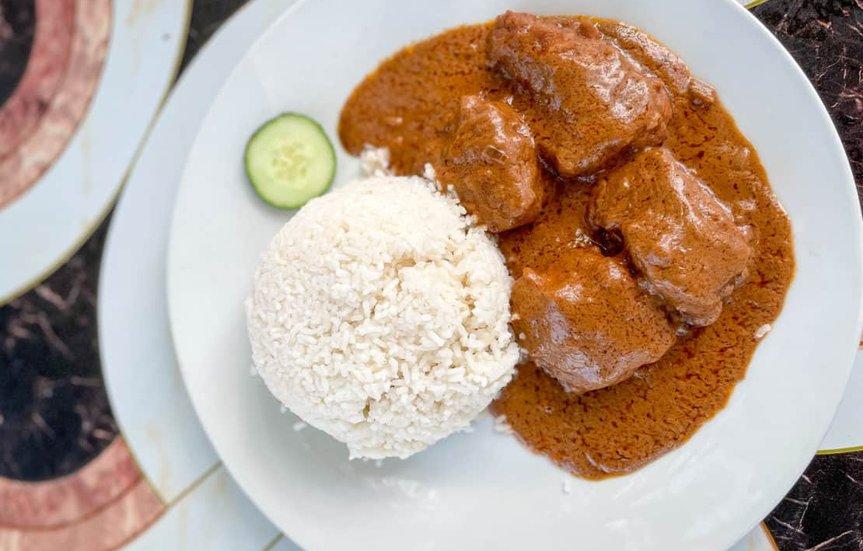




Music
Botswana’s music scene in 2025 is a vibrant mix of traditional roots and modern global influences, with genres like Afro-pop, Amapiano, hip-hop, R&B, jazz, and even heavy metal gaining popularity, especially in urban centers like Gaborone. Iconic groups such as Culture Spears and Overthrust remain influential, while rising stars like Juu Matere, Baxon, and Dato Seiko are making waves, as highlighted in the 2025 Yarona FM Music Awards. New talent, including Lioness Ratang, HarryCane BW, and DJ Ngwazi, are gaining international attention, with hits like “Fake Love” reaching millions. Live events and community showcases are fueling local engagement, and efforts to monetize music through platforms like YouTube and TikTok are helping artists build sustainable careers. Overall, Botswana's music scene is thriving, blending tradition with innovation and gaining growing recognition both locally and globally.
The Arts
Botswana's arts reflect its rich cultural heritage and deep connection to tradition and community. Visual arts such as basket weaving, beadwork, pottery, and wood carving are not only forms of creative expression but also practical crafts passed down through generations. The intricate baskets of the Okavango region are especially renowned for their beauty and symbolism. Storytelling, oral poetry, and traditional dance also play a key role in preserving history and values. Contemporary art is emerging in urban centers, with local painters, sculptors, and mixed-media artists gaining visibility through galleries and cultural festivals. The country’s arts scene continues to evolve, blending traditional forms with modern influences while promoting cultural identity and economic empowerment.
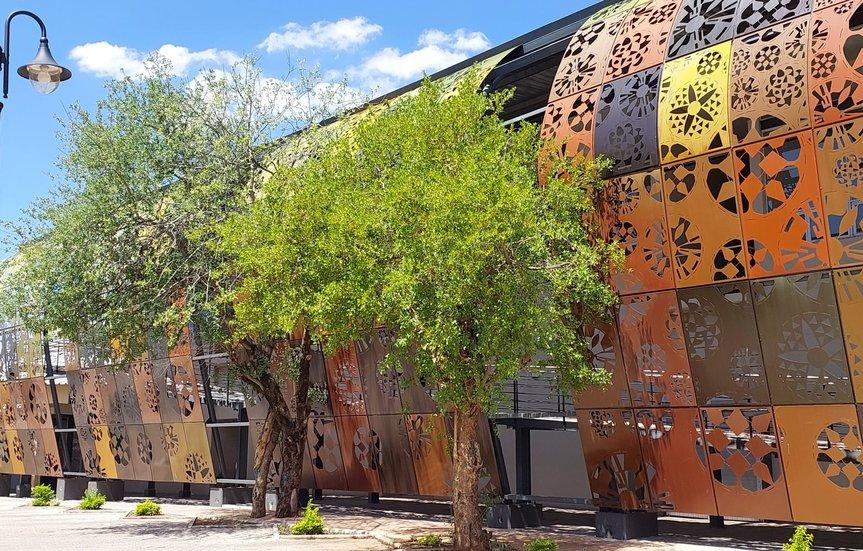




People
Ethnic Groups
Botswana's population is ethnically diverse, with the Tswana people forming the majority at approximately 79%, comprising eight main tribes such as the Bamangwato, Bakwena, and Bangwaketse. The Kalanga, making up around 11%, are primarily located in the eastern region and have a distinct language and culture. The Basarwa (San or Bushmen), who are among the country’s earliest inhabitants, represent about 3% and are known for their traditional hunter-gatherer lifestyle. The remaining 7% includes various smaller ethnic groups like the Bakgalagadi, Bayei, Hambukushu, Basubiya, and Baherero, each with unique customs and languages. Additionally, Botswana has a small population of Indian and European descent, reflecting its colonial history as a former British protectorate.





Religions
Christianity is the dominant religion in Botswana, with over 70% of the population identifying as Christian. Major denominations include the Anglican, Methodist, Roman Catholic, and the United Congregational Church of Southern Africa. A significant number of Christians also belong to African Independent Churches and Pentecostal movements, which have grown in recent decades. Many Batswana blend Christian beliefs with traditional African religious practices, such as ancestor veneration. The country upholds religious freedom through its constitution, and this right is generally respected, allowing diverse religious expressions to coexist peacefully.
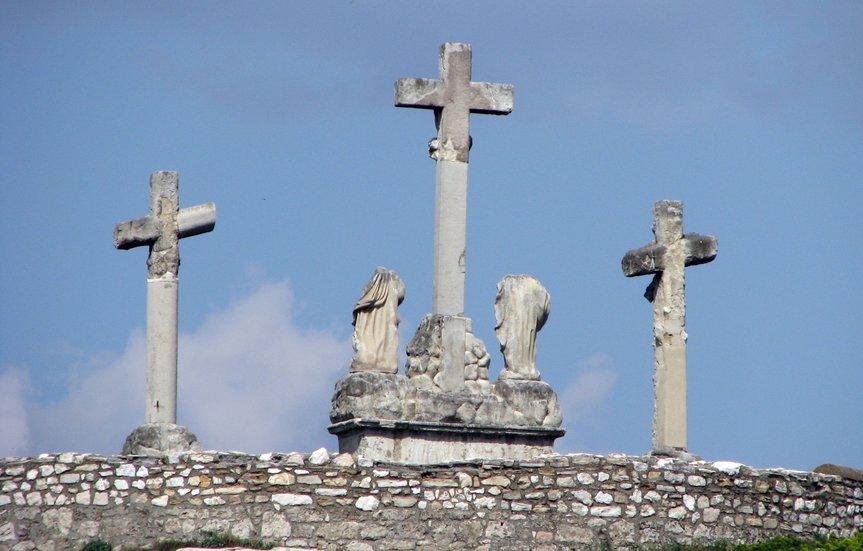



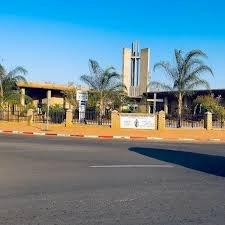
Settlement Patterns
Botswana's settlement patterns have evolved significantly from traditional dispersed homesteads to more nucleated urban centers, driven by urbanization, economic development, and government policies. Traditionally, Tswana communities lived in scattered homesteads or nucleated villages centered around the kgotla, a communal meeting place. Settlements were often shaped by environmental factors like water availability and arable land. However, rapid urban growth, especially in cities like Gaborone, has transformed these patterns, introducing modern infrastructure and grid-based layouts influenced by Western planning. The government’s National Settlement Policy and rural development initiatives aim to manage population distribution and curb rural-to-urban migration. Land boards also play a key role in land allocation. Economic opportunities, particularly in mining areas, continue to draw people to urban centers, while traditional social and cultural values still influence settlement organization in both rural and urban areas.





Demographic Trends
Botswana’s population is approximately 2.76 million and is characterized by a youthful demographic, with over two-thirds under the age of 35 and a median age of about 23.4 years. The country has seen a steady decline in fertility rates, dropping from 4.2 in 1991 to 2.7 in 2011, alongside a decreasing dependency ratio that fell from 110 in 1981 to 60.2 in 2011. The population growth rate was 1.64% in 2023, with projections estimating a population of 2.8 million by 2050. The sex ratio slightly favors females, at 95 males per 100 females. Urbanization is significant, with around 75.6% of people living in urban areas by 2025, reflecting ongoing migration trends towards cities.
Touristic cities
Gaborone
Gaborone, the capital of Botswana, is a dynamic city that blends modern development with cultural and natural attractions. As the political and economic center, it houses the Botswana Stock Exchange and the SADC headquarters. Key tourist sites include the Three Dikgosi Monument, honoring Botswana's founding chiefs, and the Botswana National Museum and Art Gallery, which showcases the nation's rich heritage. Nature lovers can visit Gaborone Dam, hike Kgale Hill for scenic views, or explore Mokolodi Nature Reserve for wildlife experiences. The city also offers urban amenities like Game City Mall and the Gaborone International Conference Centre, making it both a vibrant destination and a gateway to Botswana’s renowned wilderness areas.
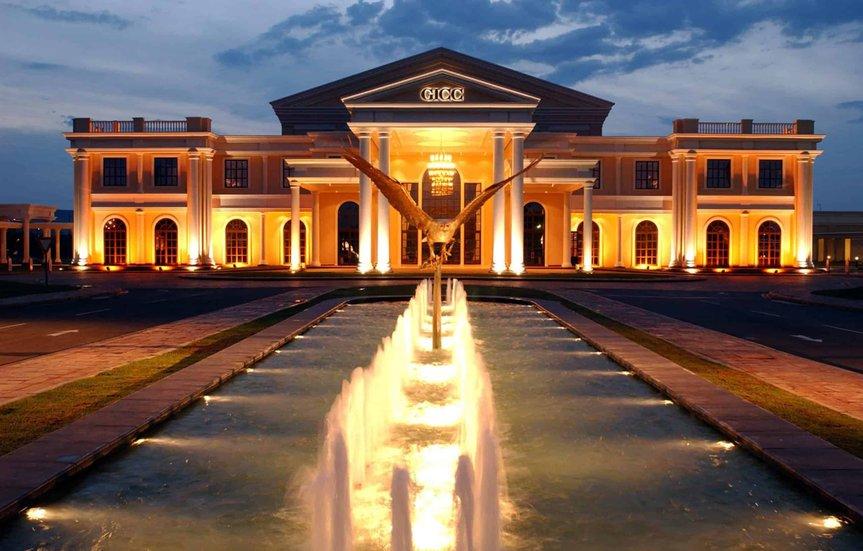

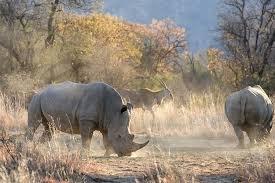


Muan
Maun, often referred to as the "tourism capital" of Botswana, is a lively town that serves as the main gateway to the Okavango Delta and Moremi Game Reserve. As the administrative center of the Ngamiland district, it blends modern amenities with a frontier-town charm and hosts numerous safari and air charter companies. Key attractions near Maun include the Okavango Delta, a UNESCO World Heritage site known for its unique ecosystem and wildlife; the Moremi Game Reserve, home to elephants, lions, giraffes, and a variety of bird species; and the Thamalakane River, which offers scenic views and boat trips. The Maun Airport plays a vital role in connecting travelers to the region, with flights to Johannesburg and Gaborone. Also accessible from Maun are Makgadikgadi Pans National Park, famous for its vast salt pans, and Nxai Pan National Park, noted for seasonal wildlife and the iconic Baines Baobabs.

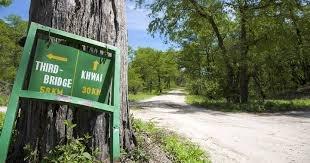

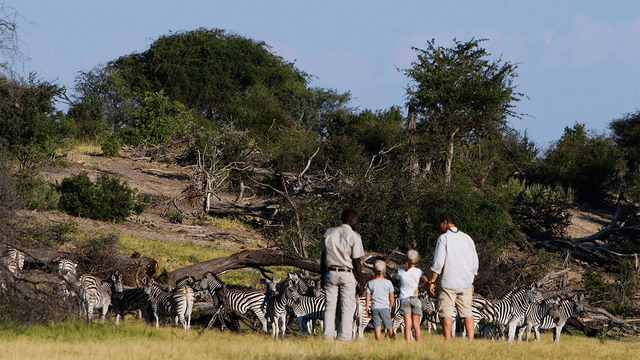

Accommodation
Guest Houses
Affordable, cozy lodgings often located in towns or near reserves; great for cultural interaction and self-drive travelers.
Features:
- Locally run, personalized service.
- Basic to mid-range comfort.
- Ideal for overnight stays before/after safari.
Examples:
- Khwai Guest House (Khwai Village): Budget-friendly with access to wildlife-rich Khwai Community Concession.
- Maun Lodge Guest House (Maun): Simple, convenient stay close to the Okavango Delta gateway.
- Gweta Lodge (near Makgadikgadi Pans): Guesthouse with a friendly vibe and cultural tours.



Hotels and Resorts
Found mainly in larger towns or near major parks. Suitable for business travelers, tour groups, or those preferring modern conveniences.
Features:
- Full-service facilities (Wi-Fi, restaurants, conference rooms).
- Located in towns like Gaborone, Maun, Kasane.
Examples:
- Cresta Riley’s Hotel (Maun): Longstanding hotel with reliable amenities and tour services.
- Chobe Marina Lodge (Kasane): Hotel-resort hybrid on the Chobe River; popular for game drives and cruises.
- Avani Gaborone Resort & Casino (Gaborone): Urban resort for business or leisure travelers.


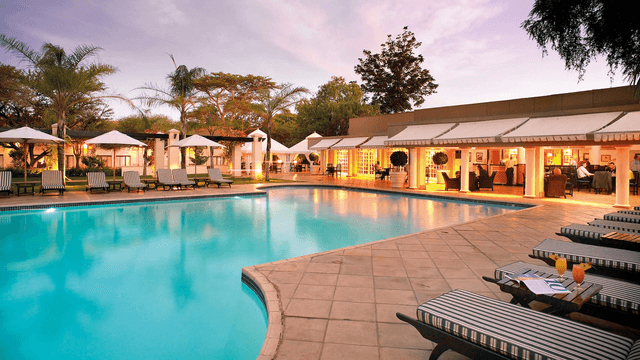
Campings
Most common safari accommodation in Botswana; ranges from budget bush camps to ultra-luxury tented lodges.
Features:
- Immersed in nature, with guided game drives and mokoro rides.
- Options from rustic to 5-star.
- Often located inside or near national parks and private concessions.
Examples:
- Mokolwane Camp (Xudum Concession): Intimate safari camp surrounded by fig trees and floodplains.
- Qorokwe Camp (Okavango Delta – Luxury): Solar-powered luxury tents with top-tier wildlife experiences.
- Footsteps Across the Delta: Walking safari bush camp offering deep wilderness immersion.


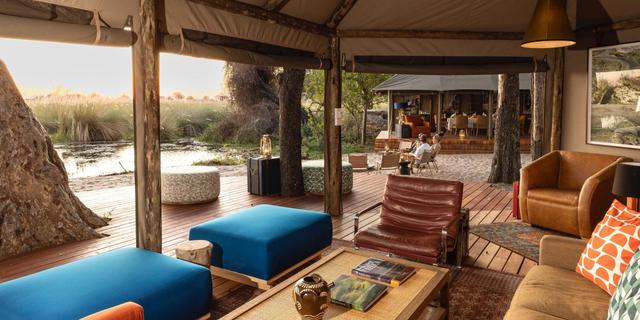
Raids
Stylized, remote safari lodges with a “glamping” (luxury camping) feel, blending tradition, comfort, and exclusivity.
Features:
- Often unfenced, small guest capacity.
- Combine traditional design with modern luxury.
- Offer top-notch guiding and private airstrip access.
Examples:
- Mokete Camp (Mababe – Wilderness): Open-roof tents, firepits, and raw bush access.
- Atzaró Okavango Camp: Ultra-luxury "raid-style" lodge with spa, plunge pools, and gourmet dining.
- Duke’s Camp: Remotely set, vintage safari décor, and photographic safari focus.



Requirements for a visa
Documents to be submitted for your application
To enter Botswana, most travelers need a visa, though some nationalities are exempt. Requirements include a completed application form, a passport valid for at least six months, two passport photos, a cover letter, flight itinerary, and proof of accommodation. Additional documents may be needed depending on the visa type and purpose of visit.
General Requirements:
- Application Form: A fully completed visa application form.
- Passport: A certified copy of the passport, valid for at least six months with at least three blank pages.
- Passport Photos: Two recent passport-sized color photos on a white background.
- Cover Letter: A letter outlining the purpose of your visit to Botswana.
- Flight Itinerary: A copy of your confirmed flight itinerary.
- Accommodation: Proof of your accommodation, such as hotel bookings or residential address.
- Visa Fees: Payment of the applicable visa fee.
Additional Documents Depending on Visa Type and Purpose:
- Tourist Visa: May require a copy of a previously issued visa (if applicable) and proof of return travel.
- Visitor's Visa: May require an invitation letter from a host in Botswana, a sworn statement from the host, and copies of the host's national ID/residence permit/work permit.
- Business Visa: May require a business profile from the host, confirmation of employment/business registration, and meeting schedules.
Where to Apply:
- Applications can be submitted online through the Botswana e-Visa portal or at the Botswana embassy or consulate in your country.
- Fingerprints may be captured during the application process or upon arrival in Botswana.
Note: Visa requirements and processing times can vary, so it's best to check the specific requirements based on your nationality and purpose of travel with the Botswana embassy or consulate.
Economy of Botswana
Botswana's economy is characterized by a strong reliance on diamond mining, which fuels a large portion of its GDP, exports, and government revenue. While this has led to significant economic growth since independence, the economy also faces challenges such as over-dependence on diamonds and vulnerability to global market fluctuations.
Diamond Mining
Botswana is a global leader in diamond mining, with the industry serving as the backbone of its economy. The sector is dominated by Debswana, a joint venture between the Botswana government and De Beers, which operates major mines such as Jwaneng—the world’s richest by value—and Orapa, the largest open-pit diamond mine by area. The Karowe mine is also notable for producing exceptionally large and high-quality diamonds. As the top producer of gem-quality diamonds by value, Botswana has used diamond revenues to fund infrastructure, education, healthcare, and social development. The country emphasizes responsible mining practices and community development, while also pursuing economic diversification to ensure long-term sustainability amid global market fluctuations.

Finance
Botswana's financial sector is stable and resilient, supported by a strong banking system closely integrated with non-bank financial institutions. The sector has weathered economic challenges, including the COVID-19 pandemic, though vulnerabilities remain—particularly banks' reliance on short-term deposits from retirement funds and insurance companies. The Bank of Botswana plays a central role in regulation and supervision, working alongside the Financial Stability Council to maintain financial soundness. While the sector is vital to the country’s economic development, there is a growing need for more risk-based, forward-looking regulatory approaches and further research into the link between financial development and economic growth.
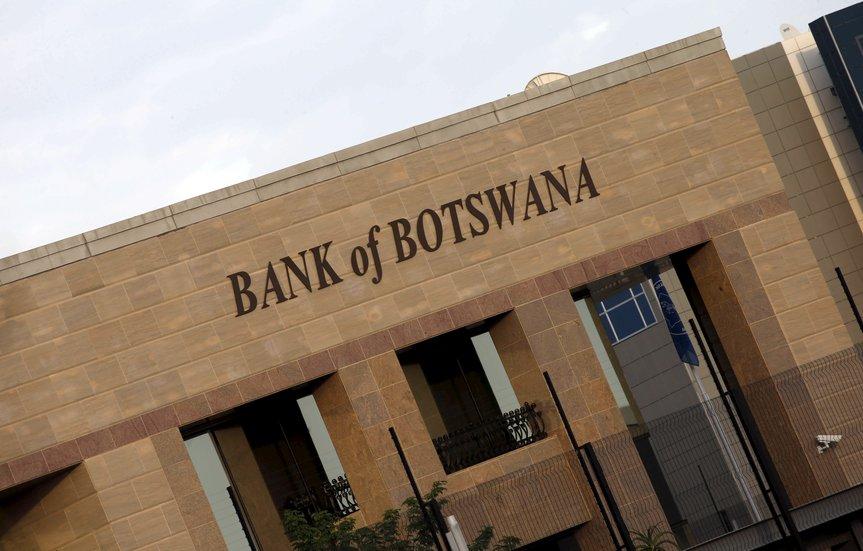
Trade
Botswana's trade is largely driven by the export of primary products, especially diamonds, which account for the bulk of its export revenue. While the country also exports minerals like gold and copper/nickel, as well as meat, textiles, and clothing, its economy remains highly dependent on diamond mining. Key export partners include India, Belgium, the UAE, South Africa, and Israel. On the import side, Botswana relies heavily on South Africa for goods such as fuel, food, machinery, and vehicles, with other partners including China, Namibia, and Zimbabwe. The country maintains a relatively open trade regime, shaped by its membership in the Southern African Customs Union (SACU), though some non-tariff barriers still exist. While sectors like mobile telephony and banking welcome foreign investment, challenges such as limited export diversification, dependence on diamonds, and socio-economic issues like HIV/AIDS and unemployment continue to hinder long-term sustainable growth.

Labor and taxation
Botswana's labor and taxation systems play a vital role in supporting its economy through fair employment practices and efficient revenue generation. The Ministry of Labour and Home Affairs oversees labor regulations, ensuring standards in employment contracts, workplace safety, and workers' rights, while trade unions advocate for employee welfare. Although overall unemployment is relatively low, youth unemployment remains a challenge. On the taxation front, Botswana offers a business-friendly environment, with a competitive corporate tax rate of around 22%, lower rates for manufacturers and special economic zones, and a progressive personal income tax ranging from 5% to 25%. A 12% VAT applies to most goods and services, and tax treaties help prevent double taxation and encourage foreign investment.
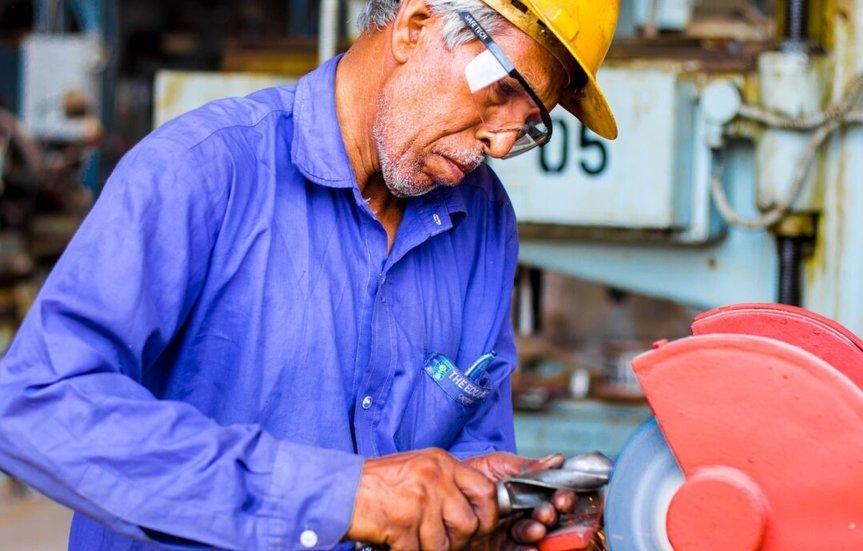
Transportation
Botswana’s transportation system is primarily road-based, with buses, taxis, and minibuses (kombis) serving as the main public transport options, though services can be limited, especially in rural areas. Buses and kombis provide regular travel between towns, while taxis—including some ride-hailing services—operate in urban centers. Car rentals are available for independent travel, though driving in remote areas can be challenging. Rail services, operated by Botswana Railways, connect South Africa with major towns like Gaborone and Francistown, extending to Zimbabwe, but the network is limited. Air travel, including scheduled and charter flights, is useful for accessing remote regions and national parks. Travelers are advised to plan transportation in advance and exercise caution with overcrowded minibuses or when negotiating taxi fares.





Telecommunications
Botswana’s telecommunications sector is modern and rapidly expanding, playing a vital role in the country’s digital and economic development. Regulated by the Botswana Communications Regulatory Authority (BOCRA), the sector includes major providers like Mascom Wireless, Orange Botswana, and BTC, offering mobile, fixed-line, and broadband services. Mobile phone usage is widespread, and internet access—especially through mobile broadband—has grown significantly, though rural connectivity remains a challenge. The expansion of 4G and fiber-optic networks has enhanced service quality, with 5G trials underway in urban areas. Efforts by both public and private sectors aim to boost digital literacy and close the urban-rural digital gap, aligning with Botswana’s goal of becoming a knowledge-based economy.

